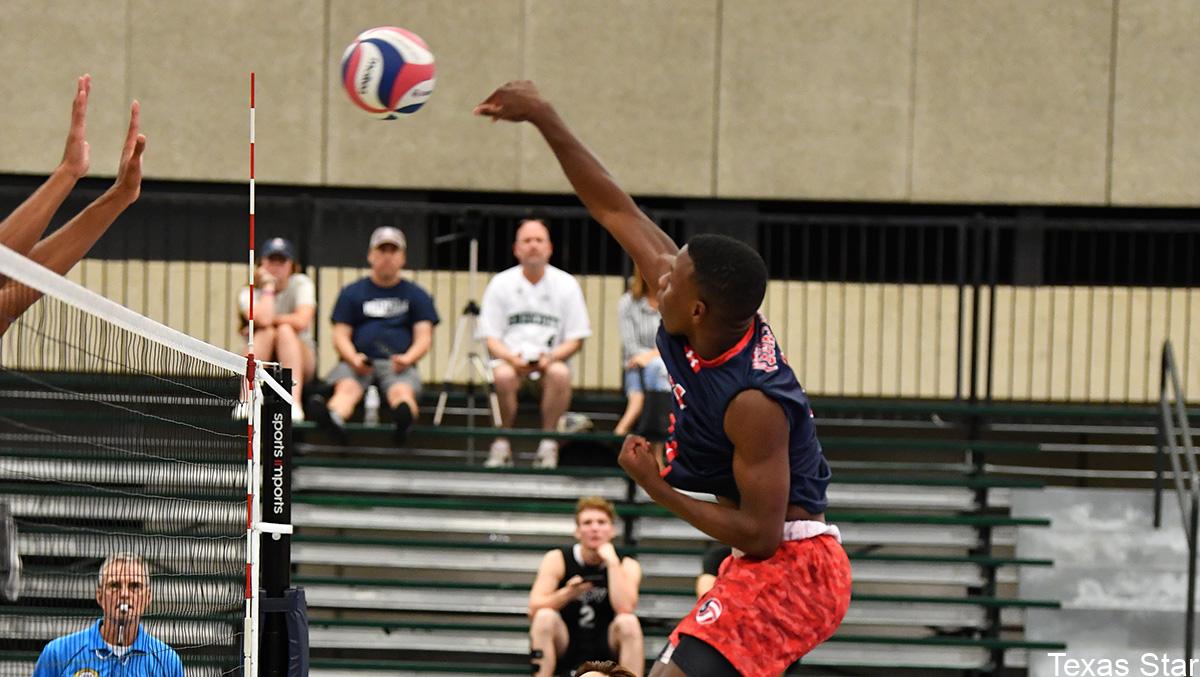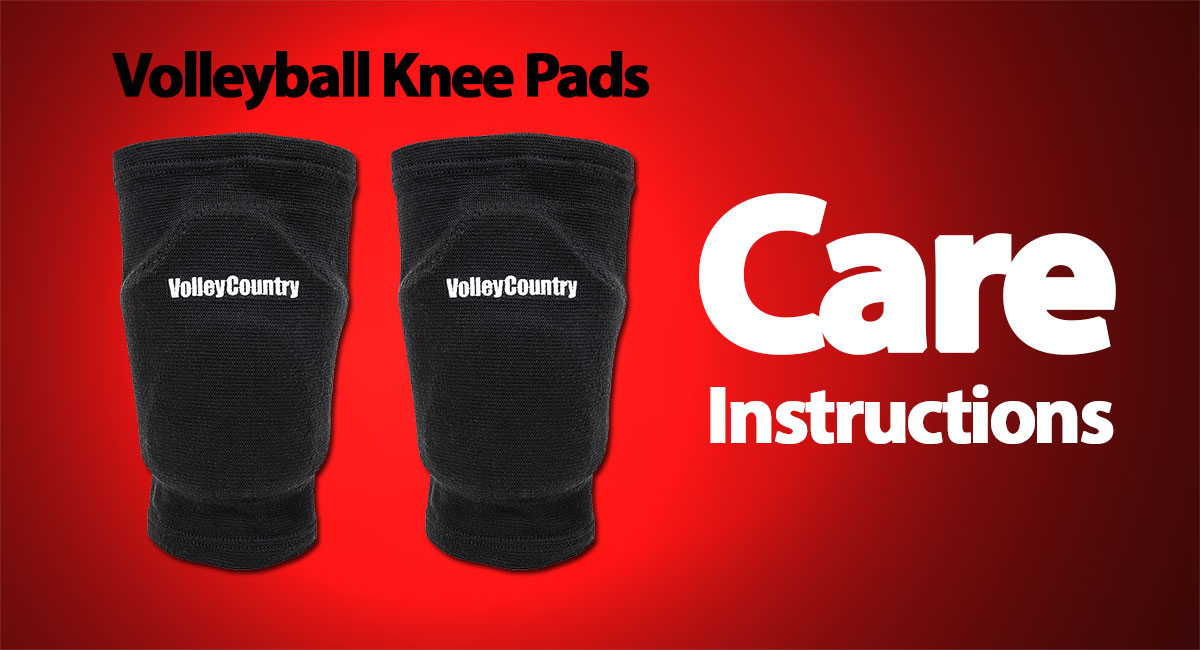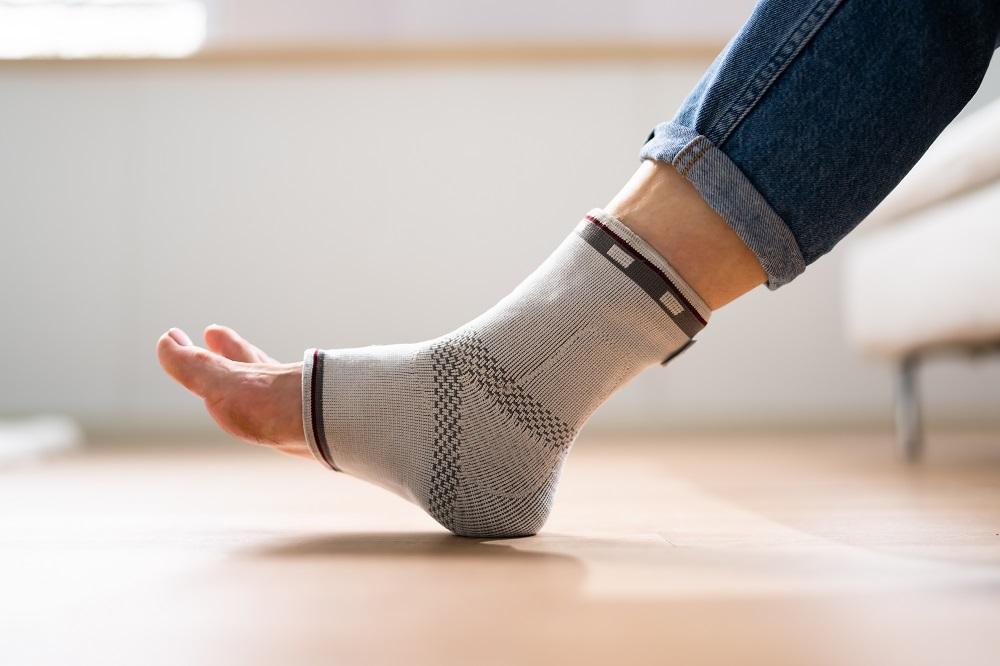Playing volleyball is a fun and exciting sport, but sometimes, the ball can feel too hard. Struggling to handle a hard ball can lead to discomfort, pain, and even injuries. However, there are a few steps you can take to address this issue and continue enjoying the game safely. In this article, we’ll discuss some helpful tips to deal with a volleyball that is too hard.
1. Check the Ball’s Pressure
One of the main reasons why a volleyball may feel excessively hard is because its pressure is too high. A properly inflated volleyball should have a pressure between 4.3 and 4.6 psi. Use a pressure gauge to measure the ball’s pressure and release some air if necessary. This will provide a softer and more manageable ball during play.
2. Opt for a Softer Ball
If adjusting the pressure doesn’t solve the issue, it might be worth considering switching to a softer volleyball. There are different types of volleyball balls available on the market, ranging from beginner-friendly options to professional-grade ones. Look for a ball specifically designed for recreational play or with a softer cover material to reduce the impact on your hands and arms.

Credit: usavolleyball.org
3. Use Protective Gear
To reduce the discomfort caused by a hard volleyball, you can use protective gear such as volleyball gloves or forearm sleeves. These accessories provide extra cushioning and support to your hands and arms, absorbing some of the impact and minimizing the strain on your body. Additionally, they can enhance your grip, allowing you to control the ball better, even if it’s hard.
4. Improve Your Technique
Often, the perceived hardness of a volleyball can be influenced by your technique. Improving your passing and receiving skills will help you handle the ball more effectively, regardless of its hardness. Focus on maintaining a relaxed yet firm grip, using your forearms to absorb the impact, and cushioning the ball as it makes contact with your arms and hands.
5. Warm-Up Properly
Before engaging in any physical activity, including volleyball, it’s crucial to warm up your body adequately. This helps prepare your muscles, tendons, and joints for the game, making them more flexible and less prone to injuries. A thorough warm-up routine involving stretching, light aerobic exercises, and dynamic movements will enable you to adapt better to a harder ball.
Credit: www.quora.com
6. Communicate with Your Team
If you’re consistently finding the volleyball too hard to handle, communicate your concerns with your team members and coach. They may be able to suggest alternative solutions or techniques that have worked for them. Volleyball is a team sport, and everybody’s input can contribute to finding a suitable solution to the problem.
7. Practice Regularly
The more you practice, the better you will become at adapting to different volleyball conditions. Regular training sessions will improve your hand-eye coordination, timing, and overall technique, allowing you to handle harder balls with ease. Make sure to dedicate enough time to practice and focus on both individual skills and team drills.
Frequently Asked Questions For What To Do If Your Volleyball Is Too Hard?
How To Soften A Volleyball?
To soften a volleyball, try using a softening agent or conditioning oil to break in the ball. Lightly tapping the ball with a mallet can also help soften it.
What Are The Safe Ways To Soften A Volleyball?
You can safely soften a volleyball by using a softening agent, conditioning oil, or gently tapping the ball with a mallet. Avoid excessive force to prevent damage.
Is It Possible To Adjust Air Pressure In A Volleyball?
Yes, you can adjust the air pressure in a volleyball using a pump with a needle attachment. Check the recommended pressure range for optimal performance.
Can Overinflated Volleyballs Be Softened?
Overinflated volleyballs can be softened by carefully releasing some air to bring the ball to the desired pressure level. Use a pressure gauge to monitor the air level.
Conclusion
A volleyball that feels too hard can be challenging to play with, but it doesn’t mean the end of your volleyball journey. By following these tips and techniques, you’ll be able to overcome the issue and continue enjoying the game. Remember to check the ball’s pressure, consider using a softer ball, wear protective gear, enhance your technique, warm up properly, communicate with your team, and practice regularly. These steps will help you improve your playing experience, reduce discomfort, and prevent any potential injuries.



